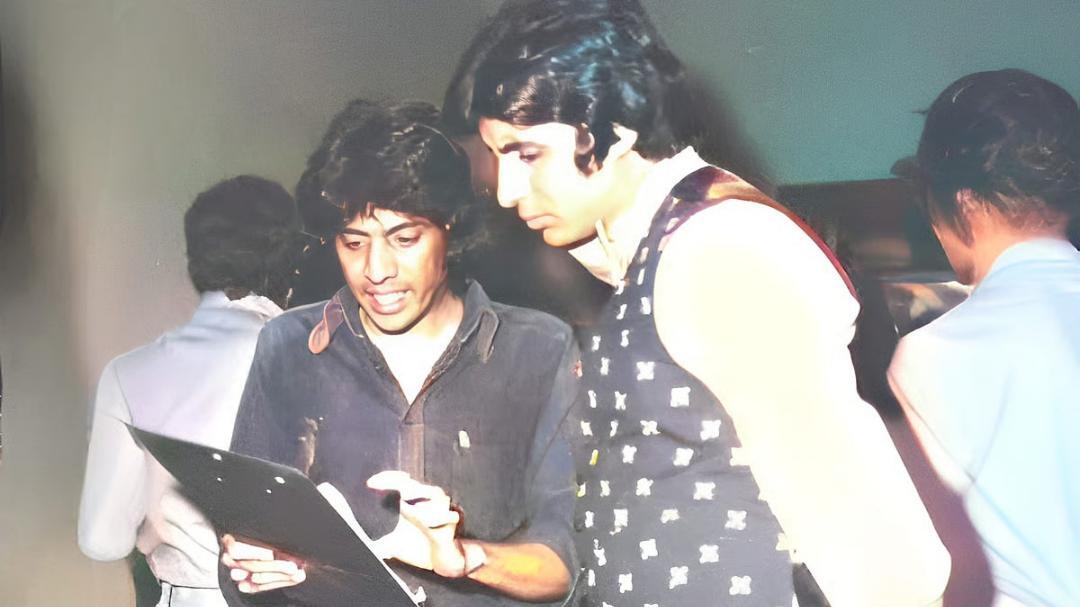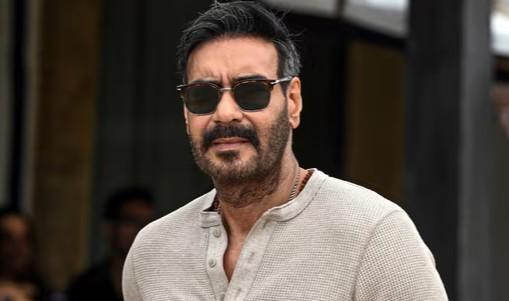
Amitabh Bachchan Mourns Don Director Chandra Barot’s Death
The world of Indian cinema has lost a legendary figure, Chandra Barot, the director of the iconic 1978 film Don. Barot passed away on Sunday at the age of 86 after a long battle with pulmonary fibrosis. The news of his demise has sent shockwaves across the industry, with many celebrities, including the one and only Amitabh Bachchan, paying their respects to the late filmmaker.
Amitabh Bachchan, who played the lead role in Don, took to social media to express his condolences, sharing a heartfelt note that reflected his deep affection for Barot. “Another sad moment… He was more of a family friend than anything else. I can only pray,” Bachchan wrote, his words echoing the sentiment of the entire film fraternity.
Barot’s passing marks the end of an era, not just for the film industry but also for the countless lives he touched along the way. His legacy extends far beyond the boundaries of his films, which often served as a reflection of the turbulent times he lived through. Barot’s work was not just about storytelling; it was about capturing the essence of a nation in flux, a nation that was struggling to find its footing in the aftermath of partition.
Born in 1936, Chandra Barot grew up in a tumultuous era, marked by violence, displacement, and social upheaval. It was amidst this backdrop that he honed his skills as a filmmaker, working under the tutelage of some of the most renowned directors of his time. His big break came with the 1971 film, Kasme Waade, which was a critical and commercial success. However, it was Don that cemented his position as a master storyteller, a filmmaker who could weave complex narratives with ease, and bring to life characters that resonated with audiences across the board.
Don, which starred Amitabh Bachchan as the titular character, is a film that continues to captivate audiences to this day. Its themes of loyalty, betrayal, and redemption are timeless, and its memorable characters, including the iconic Don, have become an integral part of Indian pop culture. The film’s success can be attributed, in no small measure, to Barot’s vision and direction, which brought a level of authenticity and grit to the story that was unmatched in Indian cinema at the time.
Barot’s impact on Indian cinema goes beyond his filmography. He was a mentor, a guide, and a friend to many aspiring filmmakers, who looked up to him with reverence and admiration. His passing is a loss not just for the industry but for the countless lives he touched along the way. As Amitabh Bachchan so eloquently put it, “He was more of a family friend than anything else.”
In his note, Bachchan also spoke about the lessons he learned from Barot, who was not just a mentor but a friend and a guide. “He was a master of his craft, a perfectionist, and a man of great integrity,” Bachchan wrote. “I learned so much from him, both as a filmmaker and as a human being. I will always cherish the memories of our time together, and I will always remember him with gratitude and respect.”
As news of Barot’s passing spread, tributes began pouring in from across the industry. Filmmakers, actors, and critics alike paid their respects to the late director, sharing stories of their interactions with him and the impact he had on their lives. It was clear that Chandra Barot was more than just a filmmaker; he was a legend, a trailblazer, and a true artist.
In the end, it is not just the films that he made or the memories that we hold dear that define Chandra Barot’s legacy. It is the countless lives he touched, the hearts he won over, and the stories he told that will continue to inspire and entertain generations to come. As Amitabh Bachchan so eloquently put it, “He was more of a family friend than anything else.” We will miss him dearly, but his work will live on, a testament to the power of storytelling and the enduring legacy of a true master filmmaker.




